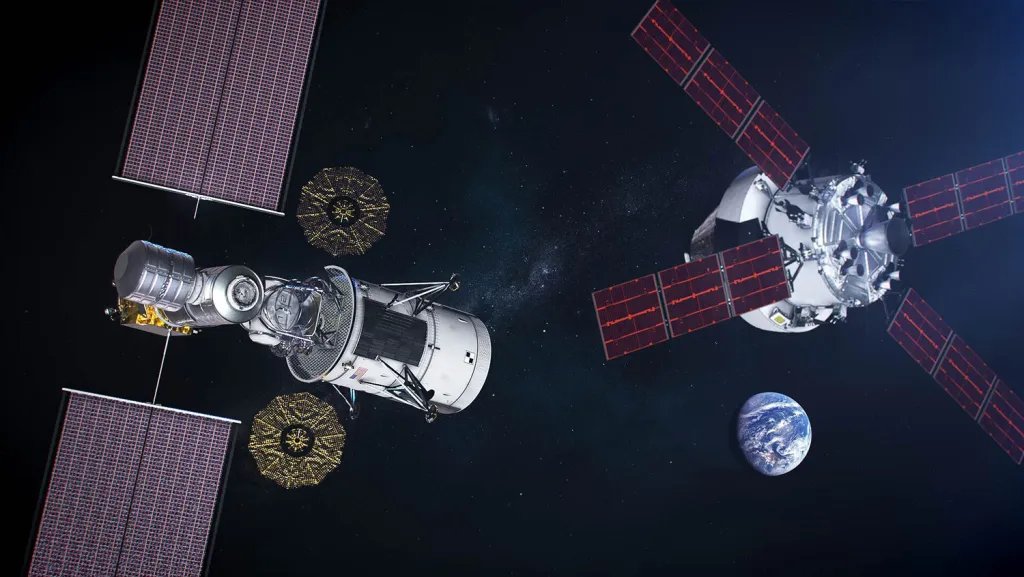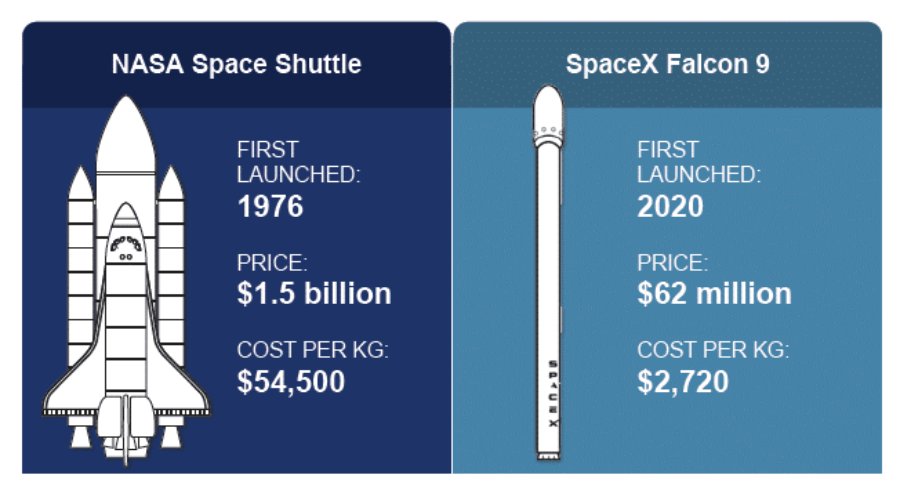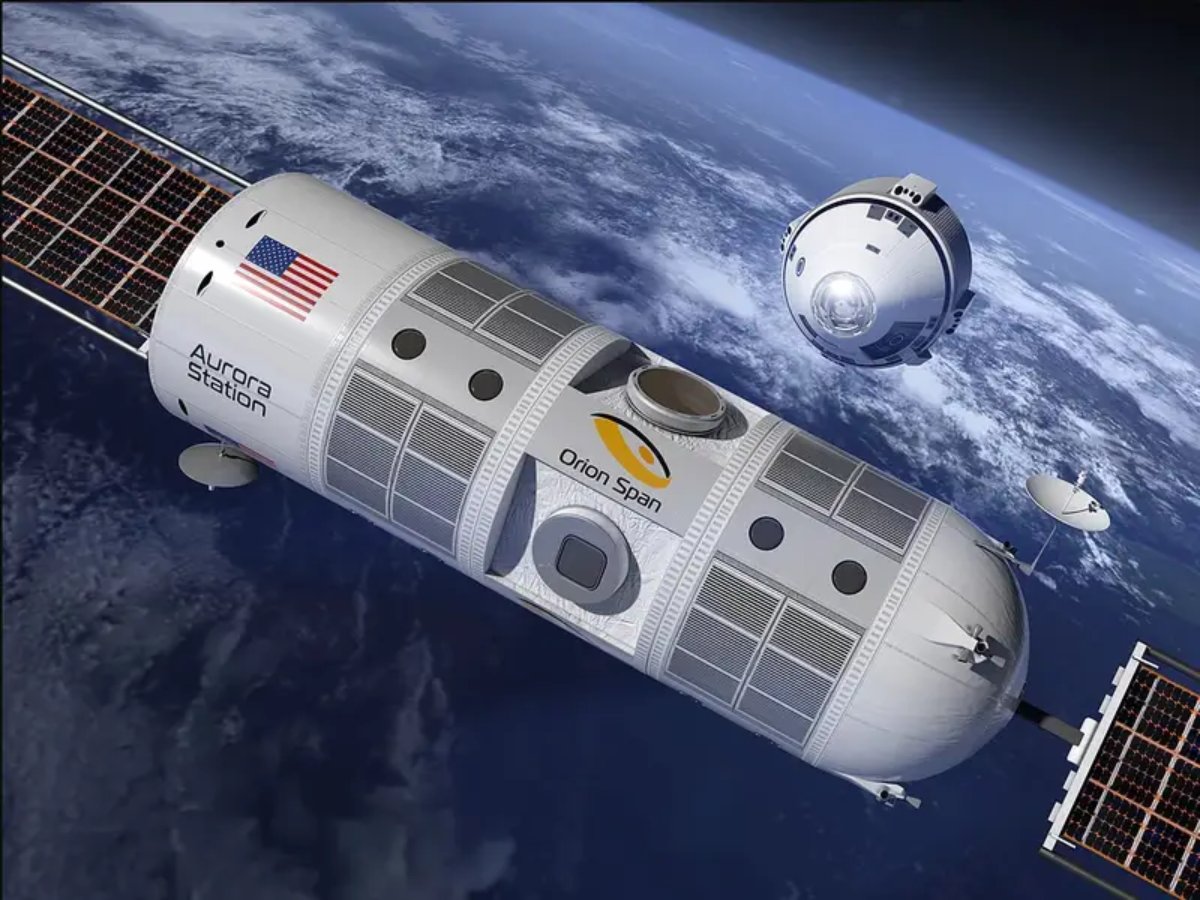Space hotels have been part of science fiction for a long time. Now, advances in space technology are making this dream possible. Companies like Orbital Assembly, Axiom Space, and SpaceX are looking into building hotels in space. This could lead to a future of orbital tourism. However, constructing a fully functional zero gravity accommodation is far from easy. Space hotels face many challenges. These include engineering limits and financial issues. We must solve these problems for them to become real.
This article looks at the main challenges of developing space hotels. These include engineering issues, costs, safety concerns, and sustainability over time.
The Engineering and Design Challenges

Overcoming Zero Gravity Constraints
One of the biggest obstacles in creating a space hotel is designing for zero gravity accommodations. Traditional hotels are designed for Earth’s gravity. Space hotels, however, need to work in microgravity. This leads to several unique challenges:
- Furniture and Fixtures: Beds, chairs, and toilets must be redesigned for weightlessness.
- Water and Waste Management: In zero gravity, liquids float. This makes plumbing a big challenge. Current ISS technology can recycle water, but scaling this for a luxury hotel is complex.
- Air Circulation: In zero gravity, CO₂ can gather in pockets. This means we need advanced ventilation systems to keep the air breathable in the hotel.
Structural Integrity in Space
Space hotels must withstand extreme environmental conditions:
- Radiation Exposure: Unlike Earth, space lacks a protective atmosphere. Shielding against cosmic radiation is essential to protect guests and staff.
- Micro-Meteoroid Impacts: Even tiny space debris can puncture a spacecraft. Hotels must be designed with reinforced materials and protective shielding.
- Thermal Regulation: Space temperatures fluctuate greatly. So, we need good insulation and cooling systems to keep the environment comfortable.
Artificial Gravity – A Future Solution?
Some space hotel ideas suggest using rotating structures. This can create artificial gravity, just like in movies such as 2001: A Space Odyssey. A rotating hotel sounds good in theory, but it’s very complex. It needs a lot of research and development.
The High Costs of Space Hotel Projects

The Price of Construction
Building a space hotel requires an enormous budget, with estimates running into tens of billions of dollars. Some key expenses include:
- Launch Costs: Rockets capable of carrying large hotel modules into orbit are extremely expensive. SpaceX’s Starship could reduce costs, but for now, every kilogram sent to space is costly.
- Material Costs: Lightweight yet durable materials must be used to construct the hotel, many of which are custom-made for space applications.
- R&D Investment: Developing technology for zero gravity accommodations requires years of research, testing, and innovation.
Ticket Prices – A Luxury Only for the Wealthy?
Currently, space travel is an ultra-luxury experience. Orbital tourism flights to the International Space Station (ISS) cost upwards of $50 million per person. Even short suborbital trips on Virgin Galactic or Blue Origin are priced between $250,000 and $500,000.
To make space hotels profitable, companies need to cut costs. This will help attract more people. Some strategies include:
- Mass Production of Spacecraft: If spacecraft and hotel modules can be produced at scale, costs per unit will drop.
- Government Partnerships: Collaborations with space agencies like NASA or ESA could help subsidize development.
- Rocket Reusability Progress: SpaceX’s Starship is a reusable rocket. It plans to cut costs for sending materials and people into space.
Safety and Sustainability Concerns
Emergency Protocols and Evacuation Challenges
Unlike a typical hotel, space hotels cannot simply call emergency services in case of an accident. Some major concerns include:
- Medical Emergencies: Space hotels need medical facilities and trained staff to manage health issues in zero gravity.
- Evacuation Procedures: If there’s a major system failure, guests need a safe way to evacuate. Emergency spacecraft or escape pods would be required.
- Fire Safety: Fire acts differently in microgravity. This needs new fire suppression systems to stop and handle possible incidents.
Long-Term Sustainability of Orbital Tourism
With more companies aiming to enter the commercial space industry, sustainability is a major concern:
- Space Debris: Every new structure in orbit increases the risk of collisions with existing space junk. Hotels must be designed to minimize debris and withstand small impacts.
- Environmental Impact: The carbon footprint of rocket launches is substantial. Future space tourism companies must invest in eco-friendly launch solutions to reduce emissions.
- Resource Management: Sustaining human life in space requires food, water, and oxygen supplies. Recycling systems, hydroponic farms, and closed-loop life support will be essential.
When Will Space Hotels Become a Reality?
Experts say that with today’s technology and costs, we might have working space hotels in the next 20 to 30 years. Here’s a rough timeline of how things might progress:
2025-2035: Testing and Prototypes
- Axiom Space plans to launch its first commercial space station module.
- More test flights for private astronauts and short-term stays in low Earth orbit.
- Initial designs for space hotel projects tested in microgravity environments.
2035-2050: The First Commercial Space Hotels
- Fully operational zero gravity accommodations for high-net-worth individuals.
- Costs begin to drop due to improved reusability of rockets and manufacturing innovations.
- Orbital tourism becomes more mainstream, with companies offering multi-day stays in space.
2050 and Beyond: Affordable Space Travel
- Larger, more advanced space hotels become available to middle-class travelers.
- Possibility of space hotels near the Moon or even Mars as part of longer-term space travel.
- Integration of artificial gravity technology to improve guest comfort.
Final Frontier: The Future of Space Hotels
The dream of space hotels is on the horizon, but significant challenges remain. Before orbital tourism can become a reality, we must tackle engineering constraints, high costs, safety concerns, and sustainability issues. But companies like Orbital Assembly Corporation, Axiom Space, and SpaceX are advancing fast. So, the future of zero gravity accommodations seems bright.
Space hotels might start for the ultra-rich, but new ideas could soon make orbit stays possible for more people. As technology improves and prices drop, booking a space stay might one day be as simple as booking a hotel on Earth.
Would you stay in a space hotel if given the chance? Share your thoughts in the comments below!


